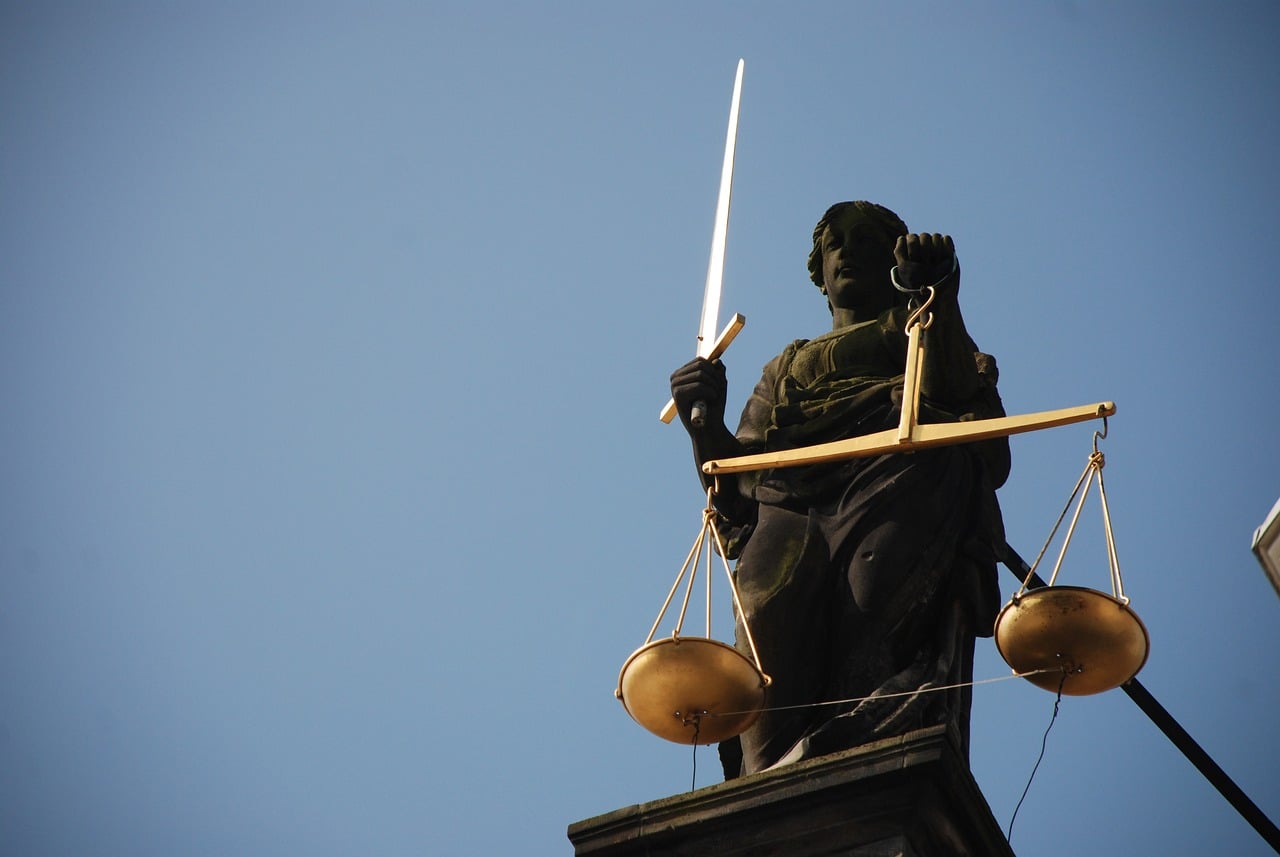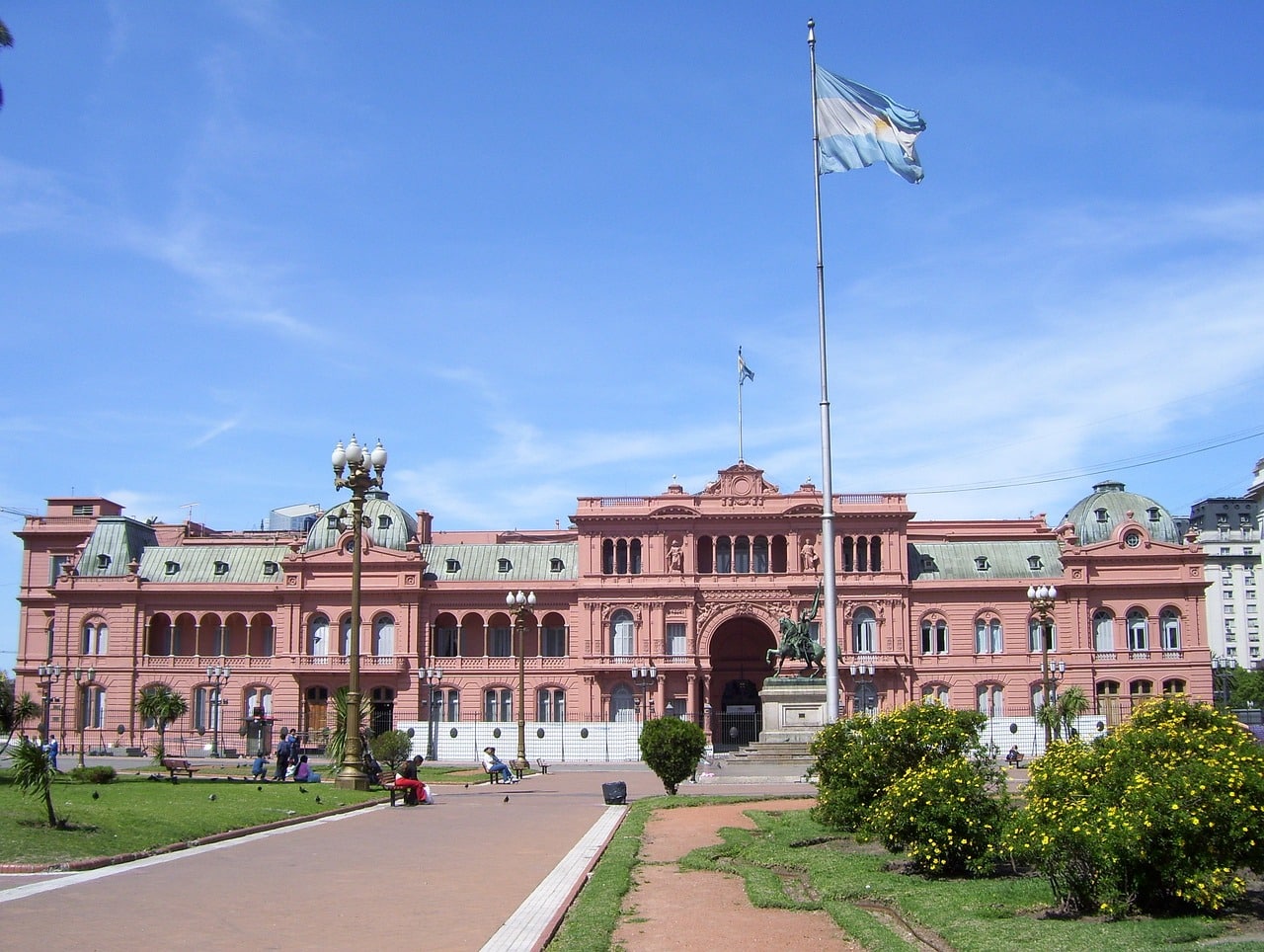
A pardon is a grace that modifies a sanction or exempts someone from a punishment.
Pardon is the grace that allows someone to be exempt from punishment or modify a sanction . The term, which comes from the Latin indultus , is also used to name the pardon that a president or representative can grant to annul, reduce or change a punishment .
Pardon, therefore, can be considered as a way to extinguish criminal responsibility. It differs from amnesty since it assumes that the offense is forgiven, while pardon implies forgiveness of the fulfillment of the punishment although the person is still considered guilty.
If the pardon involves the elimination of all the sanctions applied to the convicted person, it is called a total pardon , while if the remission only affects some of the punishments , it is a partial pardon .
Pardons in Argentina
In Argentina , pardons are associated with the measure taken by former president Carlos Saúl Menem between October 1989 and December 1990 to forgive soldiers and civilians who committed different types of crimes during the military dictatorship that ruled the country since 1976. until 1983 .
Those who benefited from this measure taken by Menem were all the senior military commanders and guerrilla leaders ( Jorge Videla , Emilio Massera , Orlando Agosti , Roberto Viola , Ramón Camps , Guillermo Suárez Mason and Mario Firmenich ); a considerable number of citizens who had been accused of subversion and who were outside the country, detained or sentenced, many of them missing; all military personnel of both the naval prefecture and the intelligence service; and the former members of what was known as the Military Junta ( Leopoldo Fortunato Galtieri , Jorge Isaac Anaya and Basilio Arturo Ignacio Lami Dozo ).
Although these pardons were intended to call for peace and reconciliation, the only thing they did was open an even wider gap between the supporters of both sides and, above all, demonstrate the negligence with which the Justice of this country assumed the thousands of deaths and missing persons left by the de facto government . This rejection of true justice led to proven revenge and violence, because if the system of laws itself does not advocate for the rights of citizens, they will most likely take justice into their own hands.
The most serious thing about this measure is that, although a democratic government is supposed to be characterized by representing the ideas of the people, the State did not listen to the people it was supposed to represent; 75% of them were flatly opposed to pardons.

In Argentina, former president Carlos Menem decreed a pardon that benefited those who committed different types of crimes during the military dictatorship of 1976-1983.
The unconstitutionality
It is worth mentioning that starting in 2003 , when the National Congress of the Argentine Republic declared that the Punto Final and Due Obedience laws were null, several judges began to consider that pardons linked to crimes classified as crimes against humanity were unconstitutional, which allowed many cases to be reopened.
Numerous authors have spoken on this topic. It is true that in some cases it may be a positive measure that leads to a more real realization of justice, however in others, as is the case of pardons for those who committed crimes against humanity, which without taking into account the rights of individuals destroyed hundreds and thousands of lives without any scruples, these measures can be disastrous.
Pardons, sometimes, remind us of the shortcomings of a democracy in which not only does the State not represent the rights and thoughts of a large part of the population , but justice is a theory that never becomes real because the judicial system supports the interests of a powerful few and based on them establishes decrees and laws .
